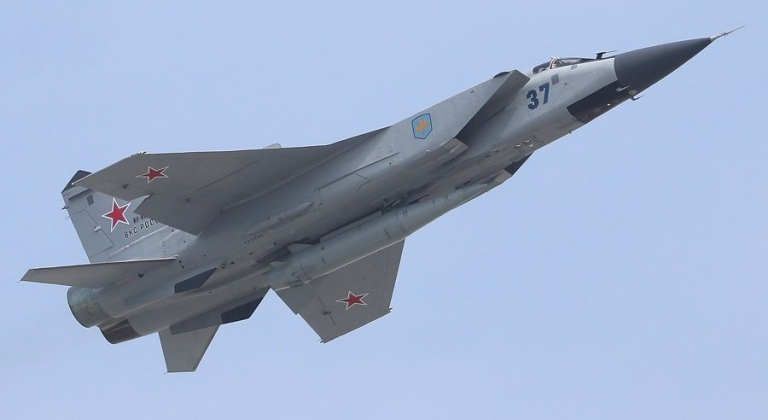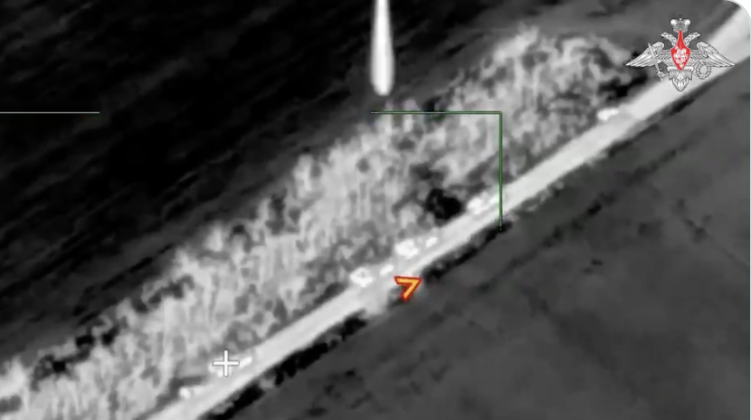News
How a New Missile Upgrade Has Made Russian MiG-31I Strike Fighters Near Impossible to Stop
Russian MiG-31I strike fighters have seen their Kinzhal air-launched ballistic missiles upgraded to improve their penetrative capabilities against advanced air defence systems, with Ukrainian and Western officials cited by the Financial Times noting that this has had a very significant impact on their effectiveness. The missiles can now follow a normal arc before either veering into a steep terminal dive, or executing manoeuvres to “confuse and avoid” Ukrainian air defence systems, with recent strikes against Ukrainian drone facilities providing an indication of this. Similar upgrades have been applied to the Kinzhal’s ground-launched variant the 9K720 ballistic missile launched by Iskander-M systems. One former Ukrainian official stressed that the improvement to manoeuvrability was “a game changer for Russia,” highlighting that while Russian strike capabilities improved, deliveries of new Patriot systems and associated missiles were behind schedule.

The MiG-31I first entered service in 2022 as an enhanced variant of the MiG-31K, and alongside a ballistic missile carrying role, is also capable of launch anti-satellite missiles. The aircraft have continued to be incrementally modernised since then, with a new inflight regretting capability having been added in 2023. The aircraft were credited with the first ever kill against a Patriot air defence system in May 2023, with Iskander-M systems having since been confirmed by video footage to have destroyed parts of Ukraine’s Patriot systems multiple times during engagements across the frontlines. Data released by the Ukrainian Air Force shows that the rate of interception of Russian ballistic missiles using Patriot systems fell to just 6 percent in September, which has been directly credited to the improvements made to the Kinzhal and Iskander-M systems.

Ukraine shares data on Patriot battlefield performance with the Pentagon and with firms involved in its production, with officials noting that although efforts are being made to improve the air defence system’s’ performance, they have often lagged behind improvements made to Russia offensive capabilities. The inability to reliably intercept Russian missile attacks has been widely raised by Ukrainian and Western sources, with one unnamed Ukrainian official informing the Wall Street Journal in July thatballistic missiles have demonstrated greater levels of manoeuvrability, allowing them to evade not only interception, but also detection. Preceding this, Ukrainian Air Force spokesman Igor Ignat highlighted on May 26 the Patriot system’s shortcomings intercepting ballistic missile attacks, observing: “The Iskander missiles perform evasive manoeuvres in the final phase, thwarting the Patriot’s trajectory calculations… In addition, the Iskander can drop decoys capable of fooling Patriot missiles.”












